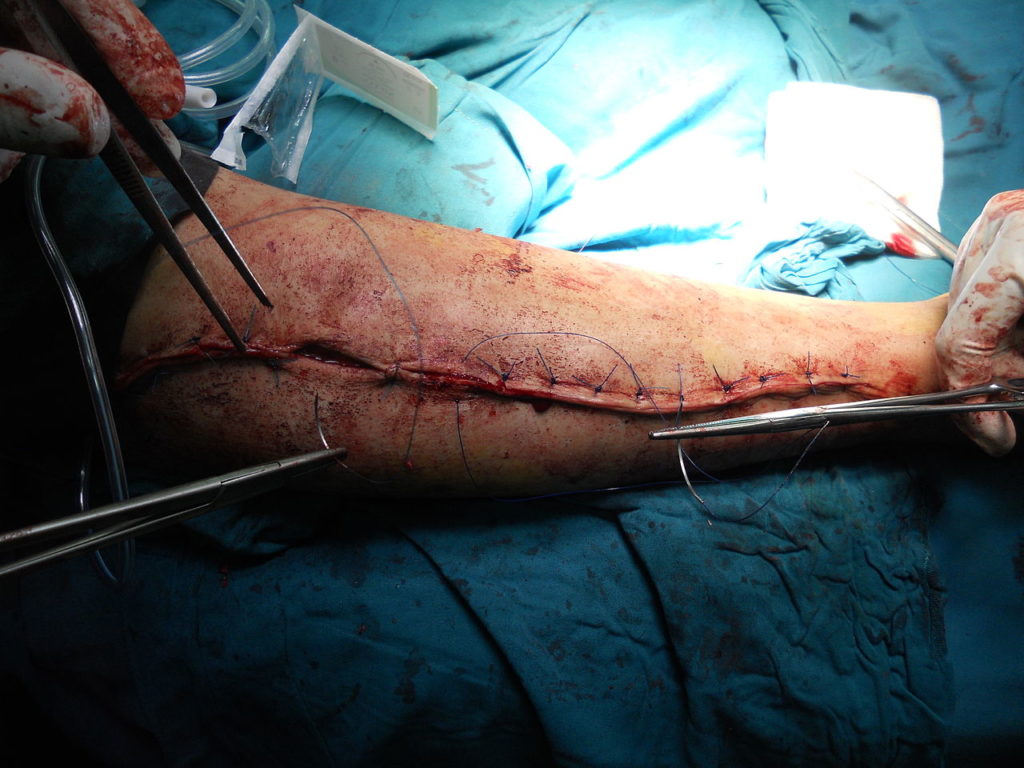Surgery involves a medical specialist performing an invasive procedure somewhere on your body. It may be minimal or major, but in any case it creates some level of trauma to the body. Orthopedic surgery which involves specialists like orthopedic surgeon James DeVellis MD performing an operation on the skeleton and or muscles, can be particularly hard to recover from, and will often require a long rehabilitation period of several weeks or more. Here are some of the things you can do to ease your recovery and get you back in action as soon as possible.

Closely Follow the Instructions from Your Doctor and Physical Therapist
Often the instructions we receive regarding healing our bodies is counterintuitive to our own thoughts about what is best, so we are reluctant to follow it. What we have to remember however is that the medical professionals around us have been trained and are veterans of dozens if not hundreds of cases like yours where they have brought people back to health. Their advice is based on this reservoir of knowledge and it has been imparted to you simply because it is effective. So you need to pay attention to every detail and follow each detail carefully, no matter how unimportant it may seem. Much of the instructions you will be given will be time sensitive and need to be carried out within a specific timeframe, so there will not be time for debate or hesitation. So follow all of your post-operative instructions and you will have a better healing outcome.
Rest is a Mandatory Part of Your Healing Process
When you sleep, your body is placing uninterrupted energy toward healing you. This is virtually the only time when this occurs and the more you can get good and long sleep, the better and quicker you will heal. So when you are sleep, go to sleep and let your body do its work. Getting good sleep will also provide you the energy you need when you are awake and doing therapy, which will be exhausting.
Expect Slow Times and Set-backs
Healing is an inexact science that requires patience and persistence, and it also includes times when things will go slow or even regress. This is normal and should be expected. Look at your recovery in large chunks rather than daily progress and you will see how you are getting better over time. Your recovery requires patience and faith so be prepared to extend a lot of both.
Pain Will Come, Manage it When it does
When the body has incurred trauma like surgery, pain is a consequence and unavoidable. So expect it to be an integral part of your healing. During the earliest days after surgery, you will likely experience the most pain and much of it may be unbearable. So you need to make sure that you are taking your pain meds on time and even slightly in advance of their due time to avoid you ending up with a lot of unbearable pain. However as your recovery moves along, pain can be a great barometer of things healing properly or not, so look to pull back on the pain meds later. Additionally we are all aware of the addictive nature of many pain meds, so we need to move from the heavy duty ones to the non-addictive ones as soon as possible to avoid any addition issues.
Recovering from orthopedic surgery is a process that will require your patience and persistence. Follow the instructions of your doctors and take a common sense approach towards getting better.